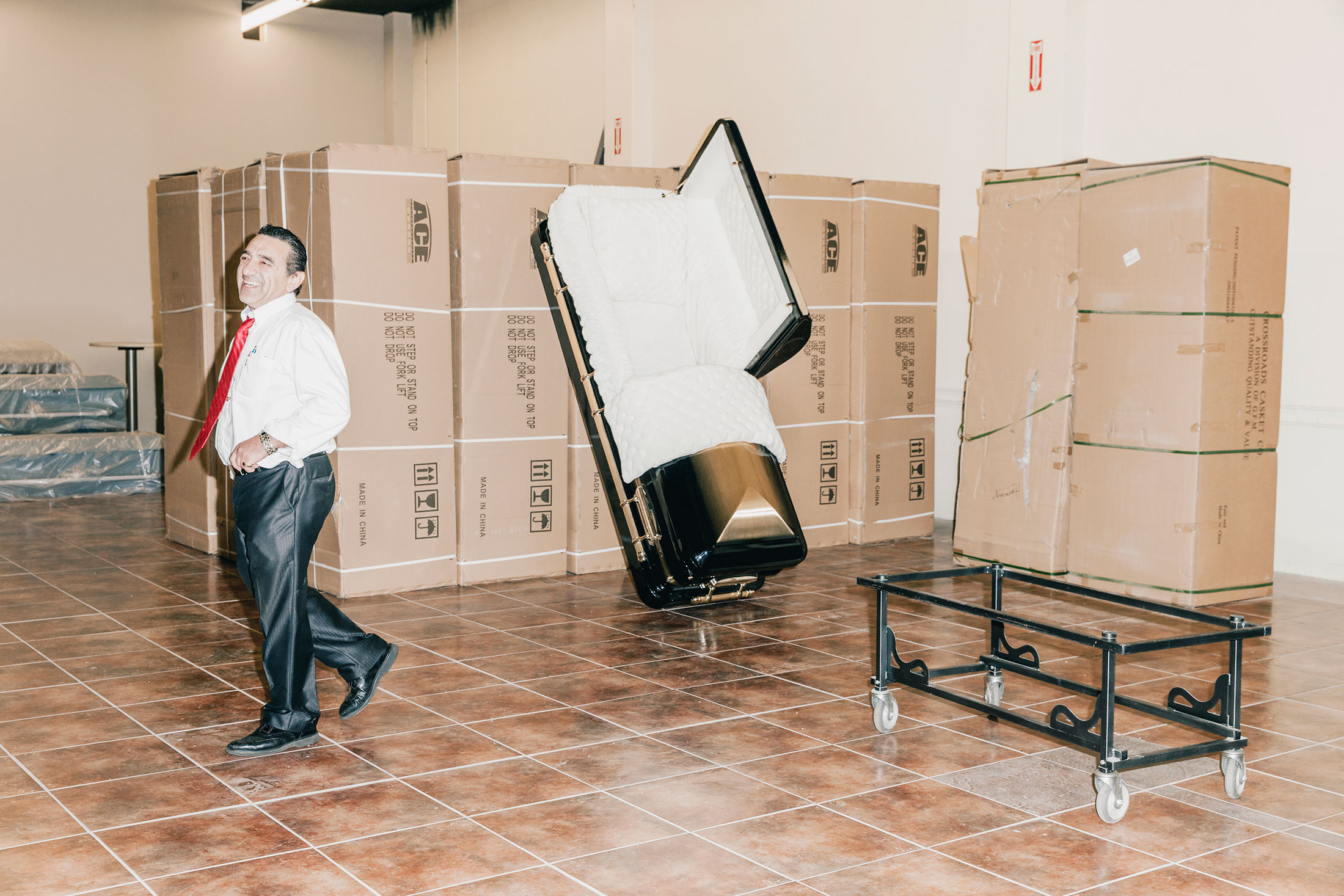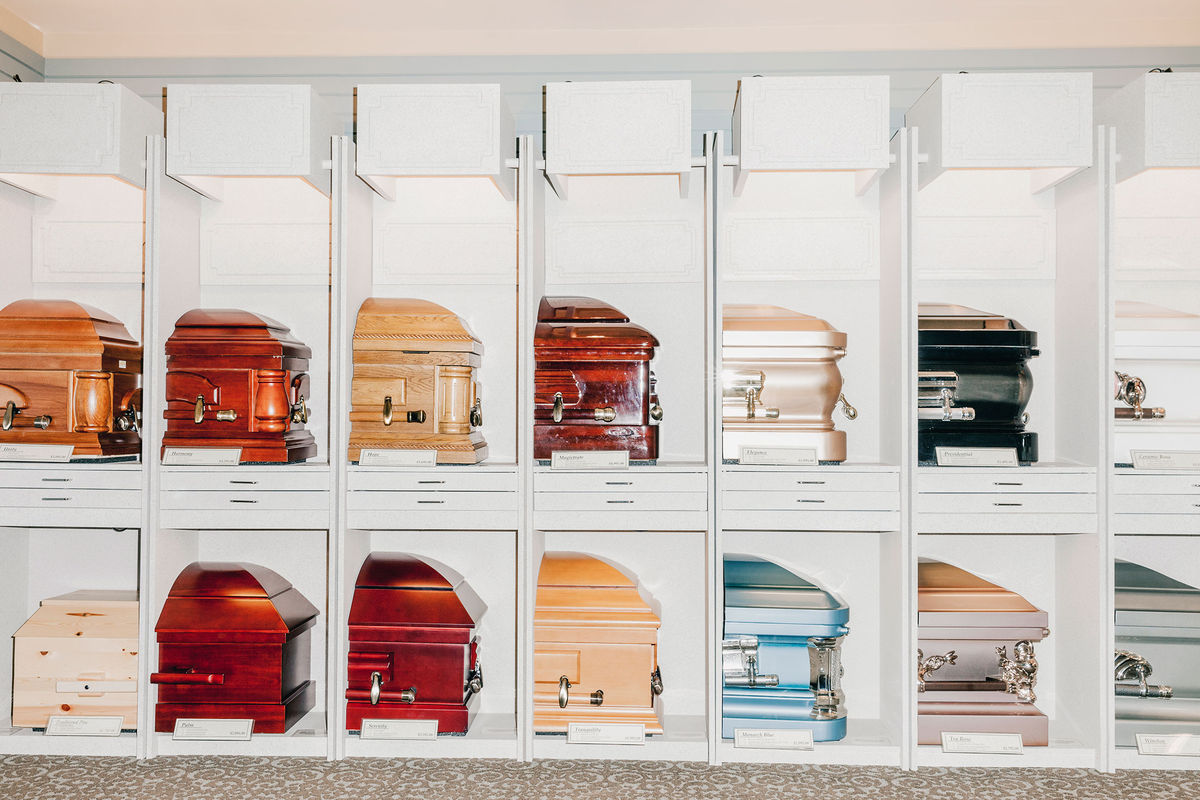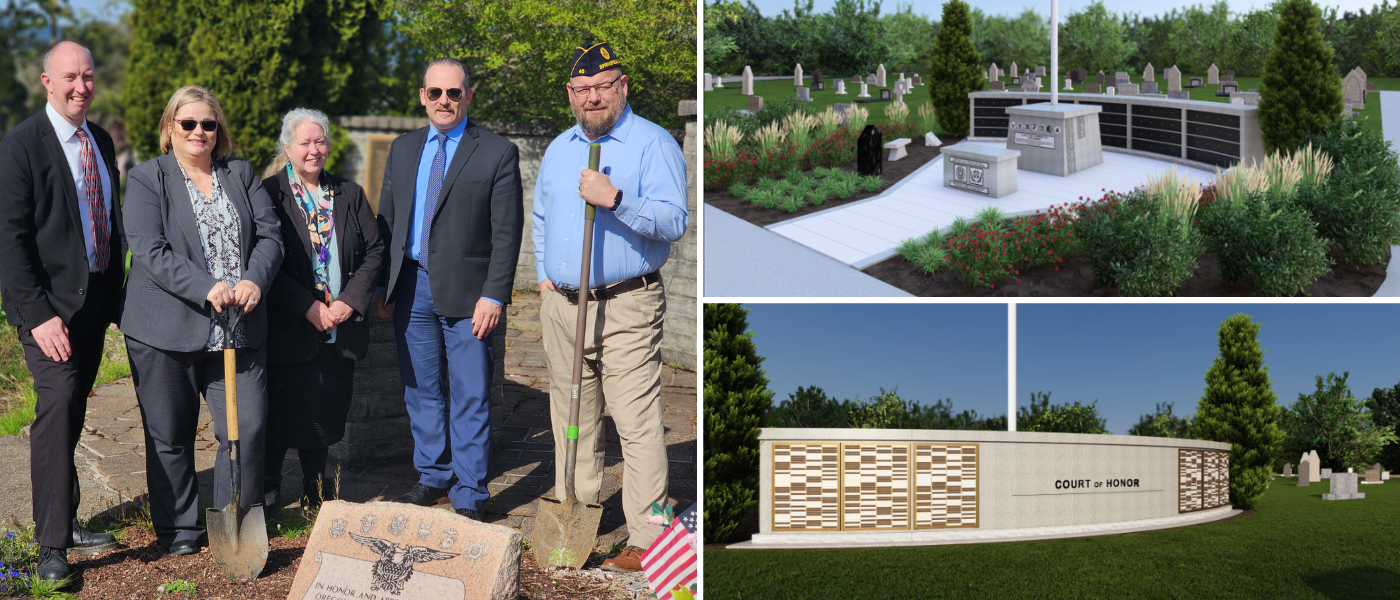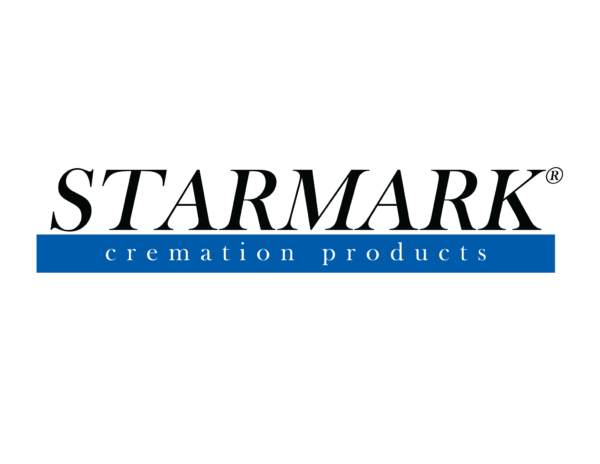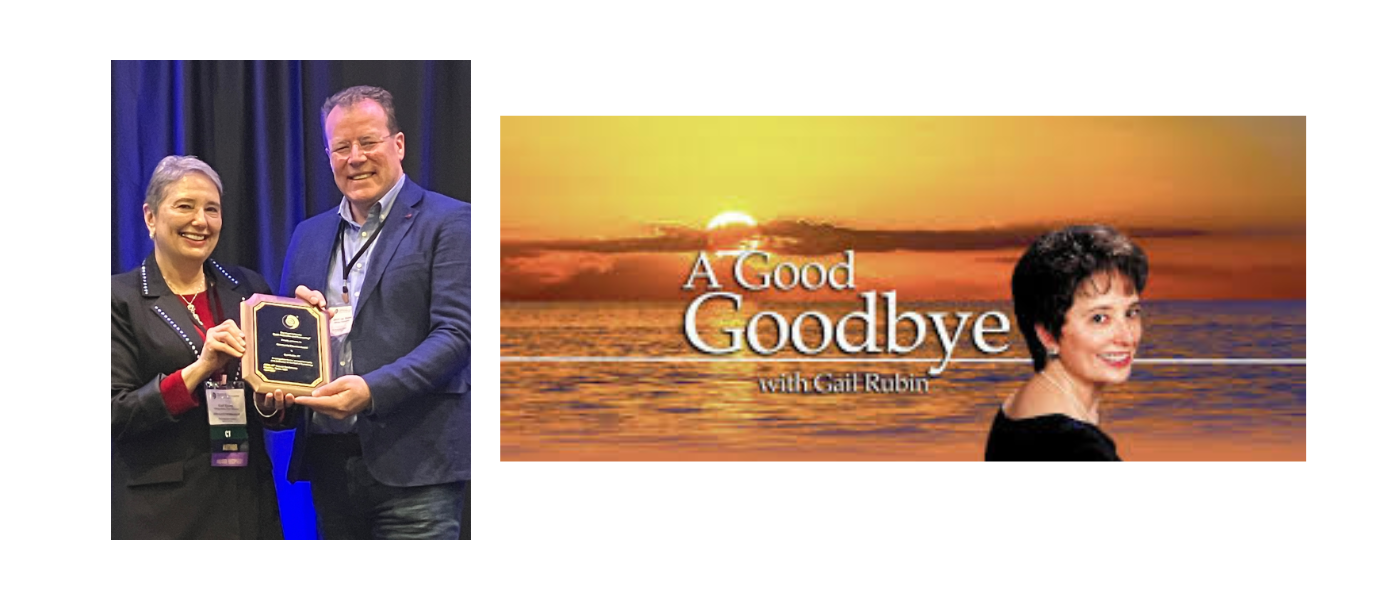Learn About the Ongoing War on Imported Caskets. Winners, Losers, and Lawsuits…
In 2015, Bloomberg Businessweek published a feature story on the U.S. casket trade highlighting it as one of the last standing industries of U.S. manufactured products that has not fallen to Chinese imports. In 2005, Jim Malamas was one of the first to enter the imported caskets business with his company ACE caskets. Malamas was acting on what he saw as an opportunity to capitalize on the inevitable fate of casket manufacturing going overseas.
Since the start of ACE Caskets, Malamas has had a difficult path to moving in on marketshare. One of the biggest blocks has been the sturdy infrastructure of Big Casket. Deathcare’s Big Two—Batesville and Matthews Aurora Funeral Solutions—control 70 percent of the funeral merchandise market. U.S. caskets alone are a $1.6 billion business.
Historically, the Big Two have been committed to providing U.S, manufactured caskets, although now they have some manufacturing in Mexico. They sell U.S. manufactured products to funeral homes for up to $1,500, while a nearly identical foreign model sells for as little as $408. Low-cost overseas manufacturing is an obvious threat to their longstanding business model. But, caskets are still holding out for domestic manufacturing with imported caskets making up only about 5% of total caskets sold in the U.S.
“The funeral industry has had a goddamn easy ride for the last 150 years,” Joshua Slocum, executive director of the Funeral Consumers Alliance, tells Bloomberg Business Week. “Why aren’t as many caskets imported as Chinese dishware? It defies all known rules of supply and demand.”
The industry-standard markup rate on caskets is 125 percent and it can be higher on imported caskets like those ACE provides. White & Day Mortuary reported to Bloomberg Businessweek in 2015 that they buy the popular Mandarin model, a 20-gauge steel unit, from ACE for $338 and sell it for $2,495. That is a markup of more than 700 percent and is still a competitive price for shoppers. In an industry facing pressure from budget shoppers, internet sales, and rising cremation rates, this additional revenue can can be a godsend for a privately owned funeral home.
So why hasn’t the entire industry abandoned the Big Two and jumped on the imported casket train?
It likely comes down to distribution.
Because the funeral home industry is made up nearly entirely of mom and pop businesses that receive about 100 calls annually. This makes it difficult (or impossible) for them to purchase expensive wholesale products like caskets outright. Since they cannot purchase a container-load of caskets, they often place single orders at the time of need. A small company like ACE cannot deliver products in time for waiting families, but The Big Two have refined distribution channels allowing them to deliver a casket within 24-hours. The Big Two are aware that their hold on distribution is being threatened as small importers like ACE grow and attain more resources.
In 2006, A Matthews subsidiary filed a design infringement suit and nearly toppled ACE causing early customers to leave and Malamas and his Chinese importer to amass $2 million in legal fees.
Bloomberg Business week reported, “When Malamas entered the market, Big Casket moved quickly to defend its turf. In 2006 a Matthews subsidiary filed suit, alleging that ACE and its Chinese supplier were copying its designs. Matthews also sent letters to funeral homes and distributors, threatening to sue if they continued to buy from Malamas. ACE eventually prevailed in the lawsuit with Matthews in 2012, and the company’s Chinese supplier picked up most of the legal tab. But by then, Malamas’s revenue had been cut in half, his clients were spooked, and the business was in shambles.”
“It was a nonsense lawsuit,” says Dan Isard, who’s interviewed Malamas on his podcast at FuneralRadio.com. “But it slowed him down. The Big Three made their money back on legal fees many times over.”
Now, two-years since the Bloomberg story, where does the war on imported caskets stand?
For starters, Basteville and Mathews have continued to move their casket manufacturing plants to Mexico, a move that began in the early 2000’s. This was expected and probably long overdue from a business standpoint.
Funeral industry expert Dan Isard told the Huffington Post in an interview:
You could import caskets from China with a 100 percent import tax and still they would be cheaper than manufacturing in the United States.
According to Malamas, after Mathews lost the 2012 suite against Wuxi Tractor Factory, they filed an enforcement action against the manufacturer. The enforcement action does not appear to be a lawsuit, but is intended to allow Mathews to conduct investigations to monitor compliance and identify violations. The details of the enforcement action could not be confirmed.
Malamas himself still gets letters for court appearances even though he no longer sources his imported caskets from Wuxi Tractor Factory. He said he does not understand why he continues to feel pressure from Mathews lawyers. “I am not complying,” he tells Connecting Directors.
Malamas and his company ACE Caskets weathered the storm of the 2012 suite, but not without damage. He told Connecting Directors that his sales have declined 75%. He added, “…but “I have a lot of energy again and we are making progress.” ACE Caskets is no longer the largest importer, giving way to companies like Signet Supply and Best Price Caskets.
Malamas has been refining his product line, reportedly visiting 54 Chinese casket manufacturers in person to find the best quality/price combination to offer his growing U.S. client base. All of his wood is sourced in the U.S. and Canada then shipped to China for production. Malamas told Connecting Directors:
We get to support the U.S. logging industry and still save our customers 75%. I want to help funeral homes lower their costs and this is the way to do it.
